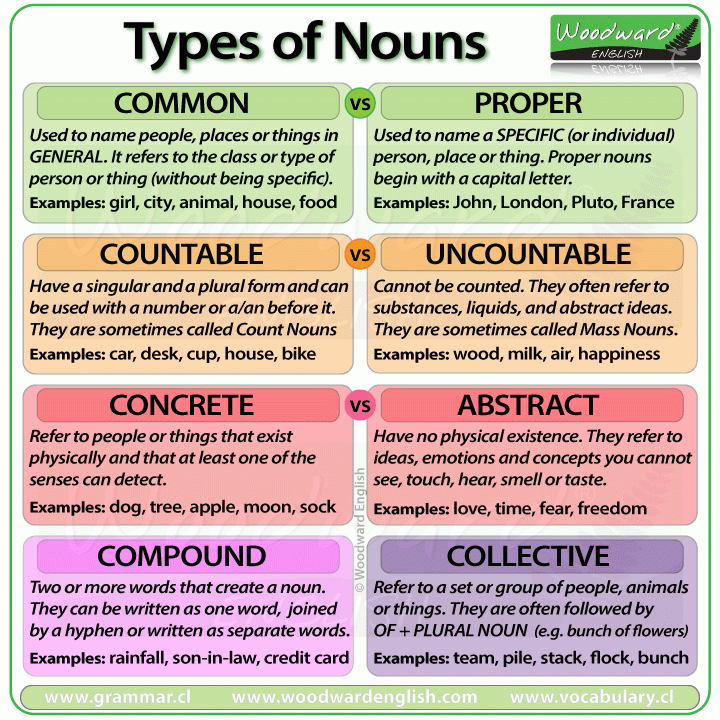

For me, I liked that and I now can tell the difference between can not and cannot and use them in right way as well. It is useful to know the small details of any language's grammar especially the one you prefer to speak with. The examples given above are the difference between 'can/ability' and 'can/permission' which is also expressed as 'may.' That might be a clearer way of describing the difference in usage. Certainly the writer got all the attention he/she so badly wanted. Not a single native speaker of English would agree that "Sam can not have drink" may mean that he has chosen not to have a drink. This pseudo-scientific explanation is pure nonsense. People usually do this using “not only…but” statements, such as “He can not only sing, but he acts, too.” A person generally can rewrite a sentence like this to make the dual abilities a little more clear, such as “He can sing, and he can act, too.” The first construction, however, draws a little more attention to the second ability, essentially saying, “Yes, he has Ability A, but don’t ignore Ability B.” Related to the idea of emphasis is the concept of stressing that someone has multiple abilities. In the same way, when a person says “You can not be serious,” he really means, “You are choosing not to be serious,” which is a roundabout way of expressing disbelief or disapproval and saying he wants the other person to quit fooling around. A father upset about his daughter’s short skirt, for instance, might say, “You can not wear that out of this house, young lady!” He essentially would be stressing that, even though she’s physically capable of donning the offensive clothing and going somewhere in it, he’s not going to let her, making her choice for her. The phrase “can not,” however, deals with options, and people can stress what they want to happen or are going to pick. The word “cannot” rarely needs to receive emphasis because the meaning is not ambiguous - it always means that it isn’t possible for the subject to complete the action.


 0 kommentar(er)
0 kommentar(er)
